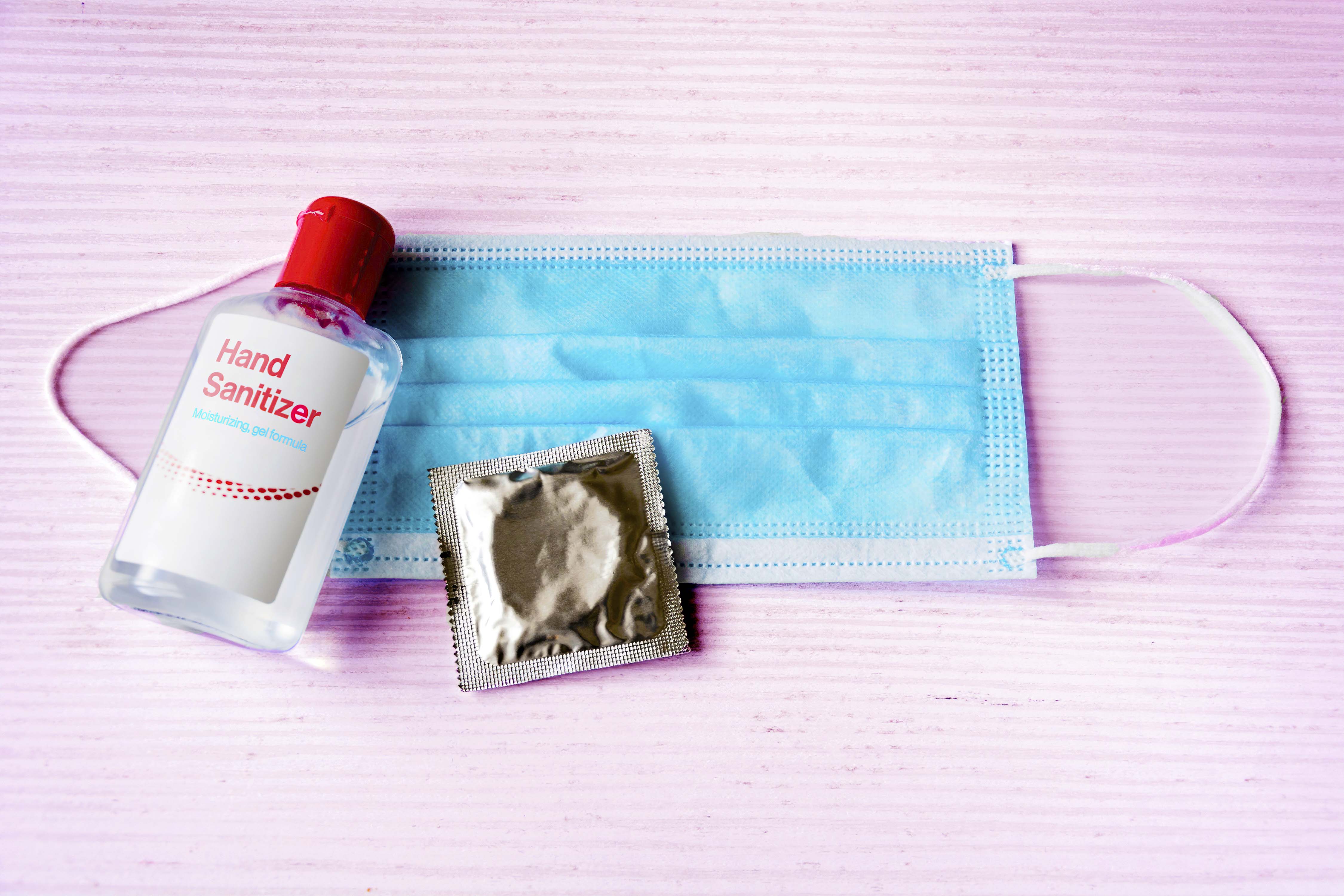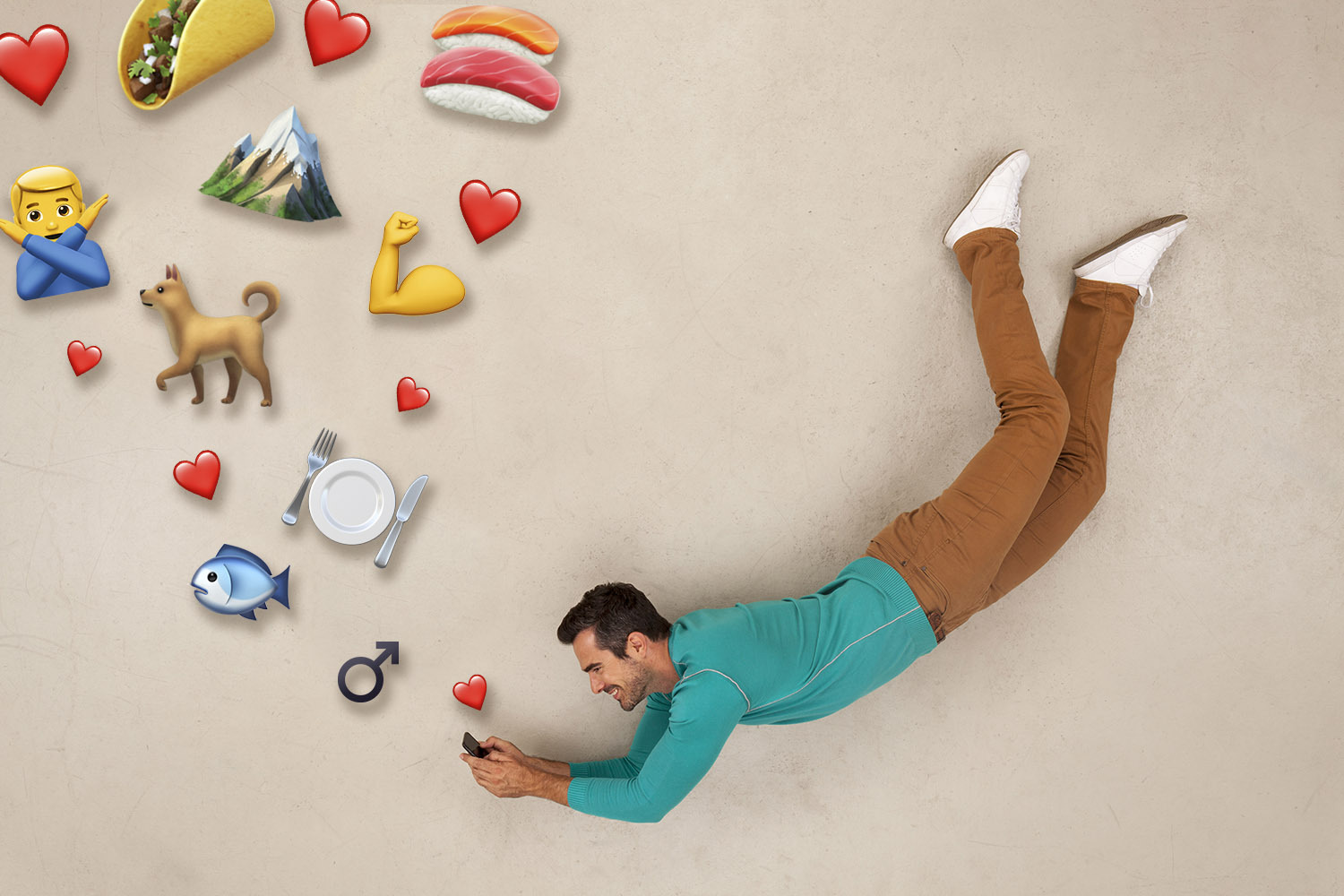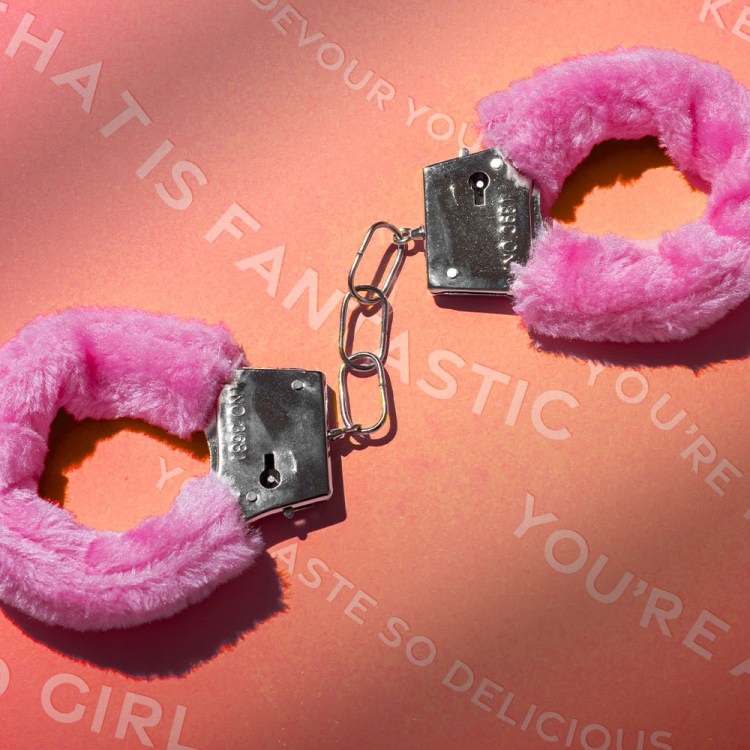As people continue to wade back into the dating world amid the ongoing COVID-19 pandemic, many are attempting to take measures to prevent their dating lives from spreading the virus. For some people that means wearing masks or socially distancing on dates, while others are apparently going to the extreme measure of getting regular pre-date COVID tests.
Unfortunately, medical experts don’t actually recommend regular coronavirus testing under such circumstances.
“The only people who should be tested regularly are people who are working in nursing homes and healthcare workers,” Dr. Sandra Kesh, an infectious disease specialist and Deputy Medical Director at WestMed, told Insider.
Not only is checking in for regular pre-date coronavirus testing a waste of time and tests, but it’s also probably not a great indicator of your actual risk level.
“It doesn’t tell you what’s going to happen next week,” Kesh told the outlet. “It doesn’t tell you whether you had the infection last week and you no longer are shedding enough virus to make the test turn positive.”
Even if you get a negative test result before your date, you could still contract the virus between the time of your last test and your next date, or you could even contract the virus on the date itself.
Moreover, as we know, COVID-19 testing isn’t 100 percent accurate, so even if you’re getting tested before every date, you can’t rely on your test results completely.
More importantly, Kesh explained, “The concern is that we take the testing away from the people who really need it because they’re symptomatic or they are in a high-risk setting and offering it to people who, really, their day to day risk is very, very low.”
Ultimately, your Tinder date just isn’t a good enough reason to take a test away from a high-risk patient or front-line worker who really needs it.
Instead, Kesh recommends daters limit their social circles and keep an open dialogue with their dates about social distancing practices and safety.
Much like safe sex, the rules of safe dating during a pandemic aren’t cut and dried. But a little common sense, communication and a mask go a long way.
Thanks for reading InsideHook. Sign up for our daily newsletter and be in the know.

















